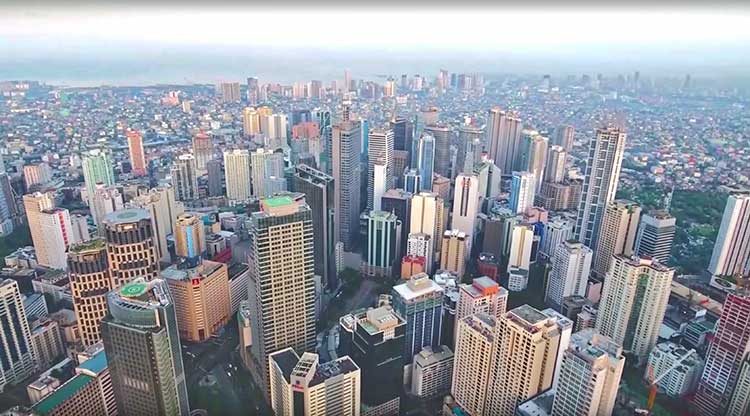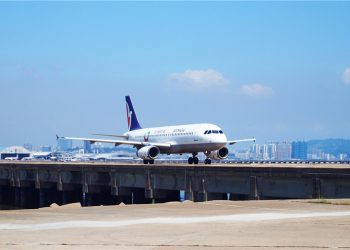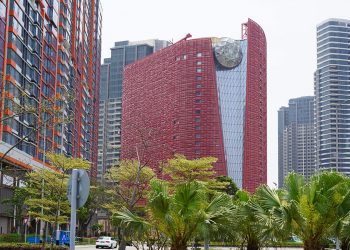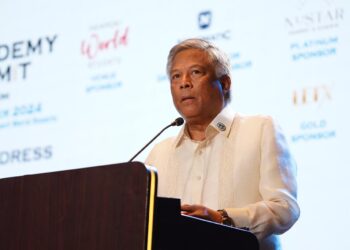An alleged crackdown by China on online gaming operations in the Philippines could benefit Macau, according to brokerage Sanford C Bernstein.
The Chinese Embassy in the Philippines released a statement late last week expressing its concerns over the proposed transfer of Chinese workers employed by Philippine Offshore Gaming Operators (POGOs) to self-contained hubs and warning against the illegal inducement of Chinese citizens to gamble either online or in Philippines land-based casinos.
“According to the Chinese laws and regulations, any form of gambling by Chinese citizens, including online-gambling, gambling overseas, opening casinos overseas to attract citizens of China as primary customers, is illegal,” the Embassy said. “The (POGOs) and other forms of gambling entities in the Philippine target Chinese citizens as their primary customers. A large number of Chinese citizens have been illegally recruited and hired in the Philippine gambling industry.”
The Embassy also pointed to the Philippines gambling industry as the cause of a “huge amount of Chinese funds” having illegally flown out of China and promised concerted crackdown by the Chinese government on cross-border gambling activities.
“The Ministry of Public Security of China has taken many actions and will carry out more special operations aimed at preventing and combating the cross-border gambling,” it said. “China will focus on investigating and cracking some major cases, including those of organizing gambling overseas and opening online gaming, and will destroy networks of criminal organizations involved in recruiting gamblers from China by overseas casinos and using the internet to open casinos in China.
“China will also crack down on ‘underground banks’ and online payment platforms that provide a financial settlement for cross-border gambling and other crimes, and wipe out domestic network operators and companies that provide technical support for such crimes.”
In a Friday note addressing the potential implications of a China crackdown on the Philippines, Bernstein analysts Vitaly Umansky, Eunice Lee and Kelsey Zhu said that while this posed a real downside risk for operators in the Philippines, it could work in favor of those in Macau.
“This gesture by the Chinese government could be seen as a warning to junkets and online gaming operators about gaming activities outside of Macau,” it said.
“If the warning is not heeded by the offshore operators, then China will likely begin a broader crackdown, which would be negative for POGOs and Philippine casinos.
“China will be taking a stronger stance in trying to curtail gambling overseas (outside of Macau). We do not believe any of these statements refer to Macau or any attempt by China to stem Macau activities. In the longer run, this could be a positive for Macau as some gaming demand may return to the territory, which is under Chinese jurisdiction and control.”

































